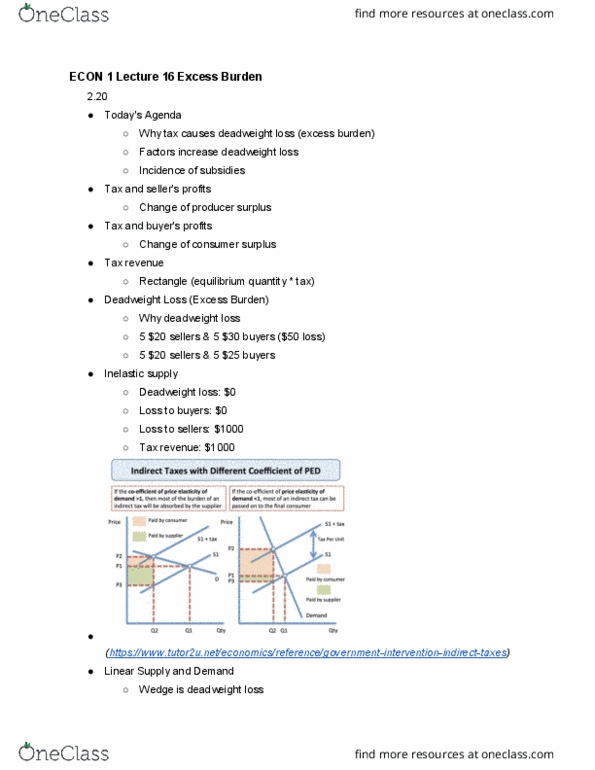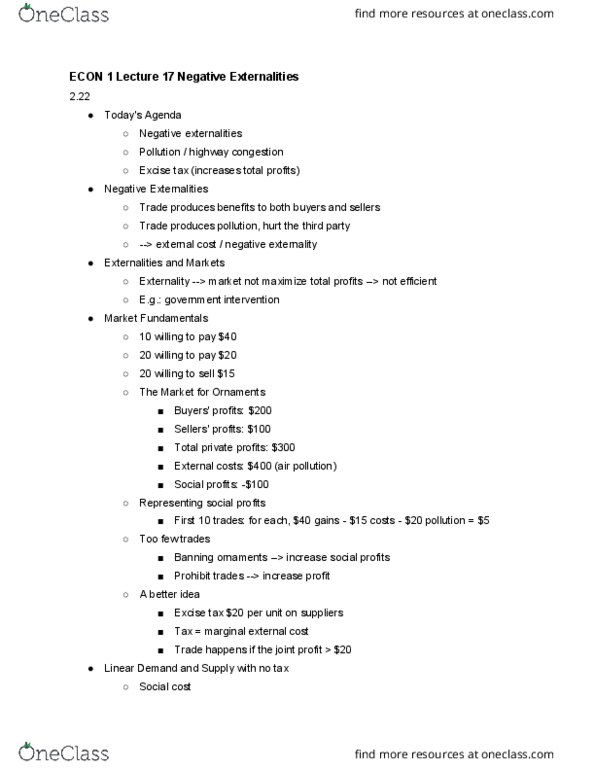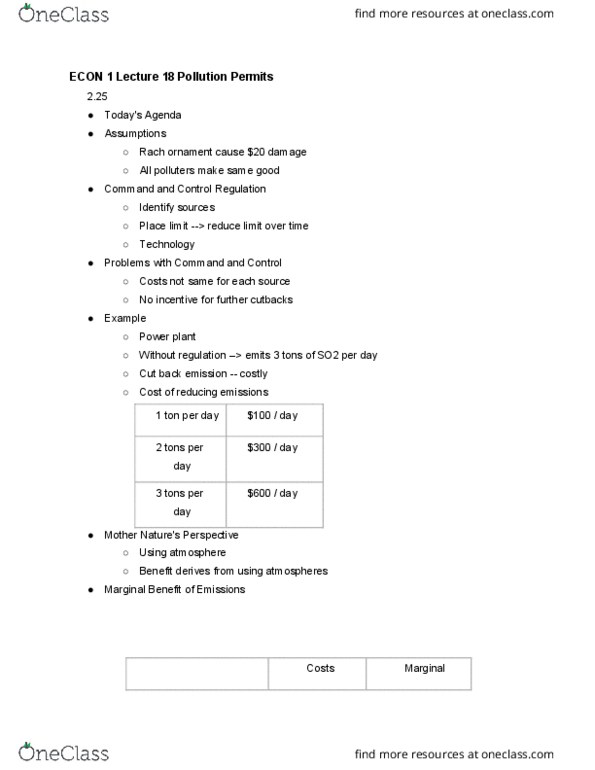1.
In a perfectly competitive market, in the long run, the marginal cost of a firm becomes equal to its minimum average total cost.
A) True
B) False
2.
Generally, The price a firm charges for its product is equal to its total revenue divided by the number of units sold.
A) True
B) False
3.
In a perfectly competitive firm to maximize profit a firm must make sure that the price it charges does not exceed its marginal cost.
A) True
B) False
4.
Firms in a competitive market can never make economic profits while they may make biasness (accounting) profits.
A) True
B) False
5.
When a perfectly competitive firm is making a positive economic profit its average revenue must be greater than its average total cost.
A) True
B) False
6.
To maximize its profit a firm always produces at the quantity level where it can charge the highest price and earn the greatest revenue; this strategy is consistent with setting is MC equal to price.
A) True
B) False
7.
When a firm in a competitive market is making a positive economic profit its business profit may be positive or negative.
A) True
B) False
8.
In a perfectly competitive market new entries could result in increases in input prices thus making production costs go up.
A) True
B) False
9.
In a perfectly competitive market, in the long run, each firm produces the maximum amount it can produce and charges the lowest price possible. That is why we consider competitive markets efficient.
A) True
B) False
10.
A monopolist always under-produces and charges a price higher than its MC.
A) True
B) False
11.
As the only supplier in the market a monopolist can charge any price it wishes and buyers have no choice but to pay.
A) True
B) False
12.
The marginal revenue is the additional revenue generated by the last unit of labor hired.
A) True
B) False
13.
The price a monopolist charges may or may not be above its average cost but it is always above its MR.
A) True
B) False
14.
When demand curve is a downward-sloping straight line (linear) marginal revenue will be greater than MC at all output leveles.
A) True
B) False
15.
By setting its MR equal to its MC a monopolist determines the output that would maximize its profit.
A) True
B) False
16.
In the long run each competitive firm would produce at the quantity level where its MC is equal to its MR as well as its ATC.
A) True
B) False
17.
A monopoly always makes an economic profit.
A) True
B) False
18.
When a monopoly's ATC is equal to the price it charges it is making normal economic profits.
A) True
B) False
19.
When a monopoly is making a zero economic profit still its MR>ATC.
A) True
B) False
20.
An increase in demand would enable a monopolist to raise its price while reducing its output.
A) True
B) False
21.
The market supply curve in an increasing-cost industry is:
A) a. upward sloping
B) b. downward sloping
C) c. vertical
D) d. horizontal
E) e. none of the above
22.
The total producer surplus is measured by:
A) a. the area between supply and demand curves.
B) b. the difference between the price the consumer is willing and able to pay and the price suppliers wish to charge to maximize their profits.
C) c. the area between the price consumers actually pay and the demand curve.
D) d. the area between the equilibrium market price and the supply curve.
E) e. the consumer willingness to pay as reflected by the equilibrium market price.
23.
. Economists measure economic (social) welfare by the
A) a. net consumer surplus
B) b. sum of consumer and producer surplus
C) c. sum of the net profits made by the industry's competitive firms
D) d. price consumers are willing to pay for one additional unit of a good
E) e. difference between the total consumer surplus and total producer surplus




